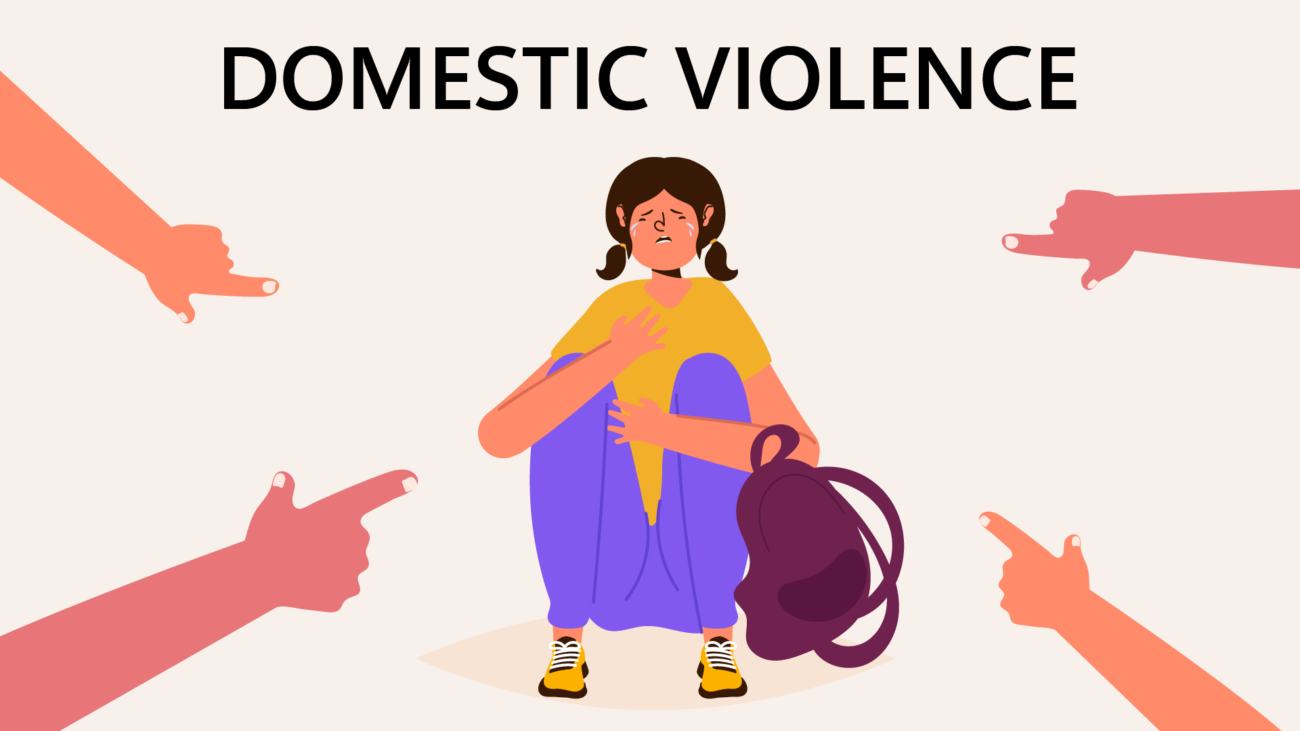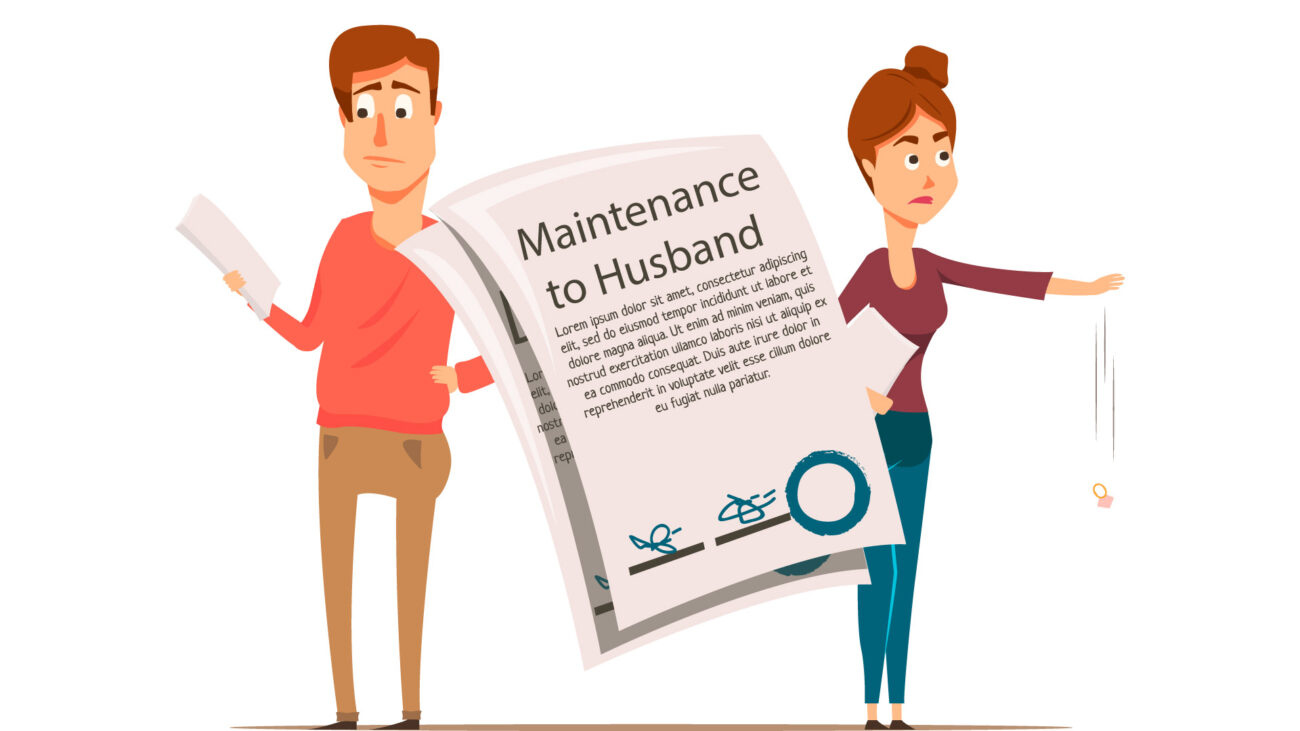Family law deals with legal issues related to family relationships and domestic matters. These issues can be complex and emotionally charged, often requiring the assistance of a family lawyer. A family lawyer is a legal professional who specializes in handling legal matters related to family and domestic relations. In this article, we will explore the role of a family lawyer in resolving legal issues and provide guidance on how to choose the right family lawyer for your specific needs.
What is a Family Lawyer?
A family lawyer is a legal professional who specializes in handling legal issues related to family and domestic relations. These issues can include divorce, child custody and support, adoption, surrogacy, domestic violence, property division, and inheritance. Family lawyers can work in law firms, as solo practitioners, or in legal aid organizations.
Definition and Scope of Family Law
Family law is a branch of law that deals with legal issues related to family relationships and domestic matters. The scope of family law can vary depending on the jurisdiction, but it generally includes issues such as marriage, divorce, child custody, and adoption. Family law can also cover issues related to domestic violence, property division, and inheritance.
Types of Legal Issues Handled by Family Lawyers
Family lawyers can handle a wide range of legal issues related to family and domestic relations. Some of the most common legal issues handled by family lawyers include:
Divorce and Separation
Divorce and separation are legal processes that end a marriage or domestic partnership. A family lawyer can help you navigate the legal complexities of divorce or separation, including property division, spousal support, and child custody.
Child Custody and Support
Child custody and support are legal issues that arise when parents separate or divorce. A family lawyer can help you understand your legal rights and obligations regarding child custody and support.
Adoption and Surrogacy
Adoption and surrogacy are legal processes that involve the creation of a new family relationship. A family lawyer can help you navigate the legal complexities of adoption and surrogacy, including the legal rights and responsibilities of the parties involved.
Domestic Violence and Abuse
Domestic violence and abuse are serious issues that can have lasting effects on families. A family lawyer can help you obtain a restraining order or protective order to protect you and your family from harm.
Property Division and Inheritance
Property division and inheritance are legal issues that arise when a family member passes away or when a couple separates or divorces. A family lawyer can help you understand your legal rights and obligations regarding property division and inheritance.
How Can a Family Lawyer Help You?
A family lawyer can help you in a variety of ways, including:
Legal Representation and Advocacy
A family lawyer can represent you in court and advocate on your behalf during legal proceedings. This includes negotiating with the other party, drafting legal documents, and presenting your case in court.
Mediation and Negotiation
A family lawyer can help you resolve legal issues through mediation and negotiation. This can be a more amicable and cost-effective approach to resolving legal disputes than going to court.
Drafting Legal Documents
A family lawyer can help you draft legal documents related to family and domestic relations, such as prenuptial agreements, divorce agreements, and child custody agreements.
Providing Legal Advice and Guidance
A family lawyer can provide you with legal advice and guidance regarding your legal rights and obligations related to family and domestic relations.
Choosing the Right Family Lawyer
Choosing the right family lawyer is essential to ensuring that your legal issues are resolved in a timely and effective manner. When choosing a family lawyer, consider the following factors:
Qualifications and Experience: When choosing a family lawyer, it is important to consider their qualifications and experience. Look for a lawyer who is licensed to practice law in your jurisdiction and has experience handling cases similar to yours.
Personal Compatibility and Communication: It is also important to consider personal compatibility and communication when choosing a family lawyer. You should feel comfortable discussing sensitive and personal information with your lawyer, and you should be able to communicate effectively with them.
Reputation and Reviews: You can also consider a family lawyer’s reputation and reviews when making your decision. Look for a lawyer with a good reputation in the legal community and positive reviews from past clients.
Fees and Payment Options: When choosing a family lawyer, it is important to consider their fees and payment options. Ask about their fee structure, whether they charge by the hour or a flat fee, and what payment options are available to you.
In conclusion, when choosing a family lawyer, it is important to consider their qualifications and experience, personal compatibility and communication, reputation and reviews, fees and payment options, and the services they provide, such as legal representation and advocacy, mediation and negotiation, drafting legal documents, and providing legal advice and guidance. By choosing the right family lawyer for your specific needs, you can increase your chances of achieving a successful outcome in your case.





